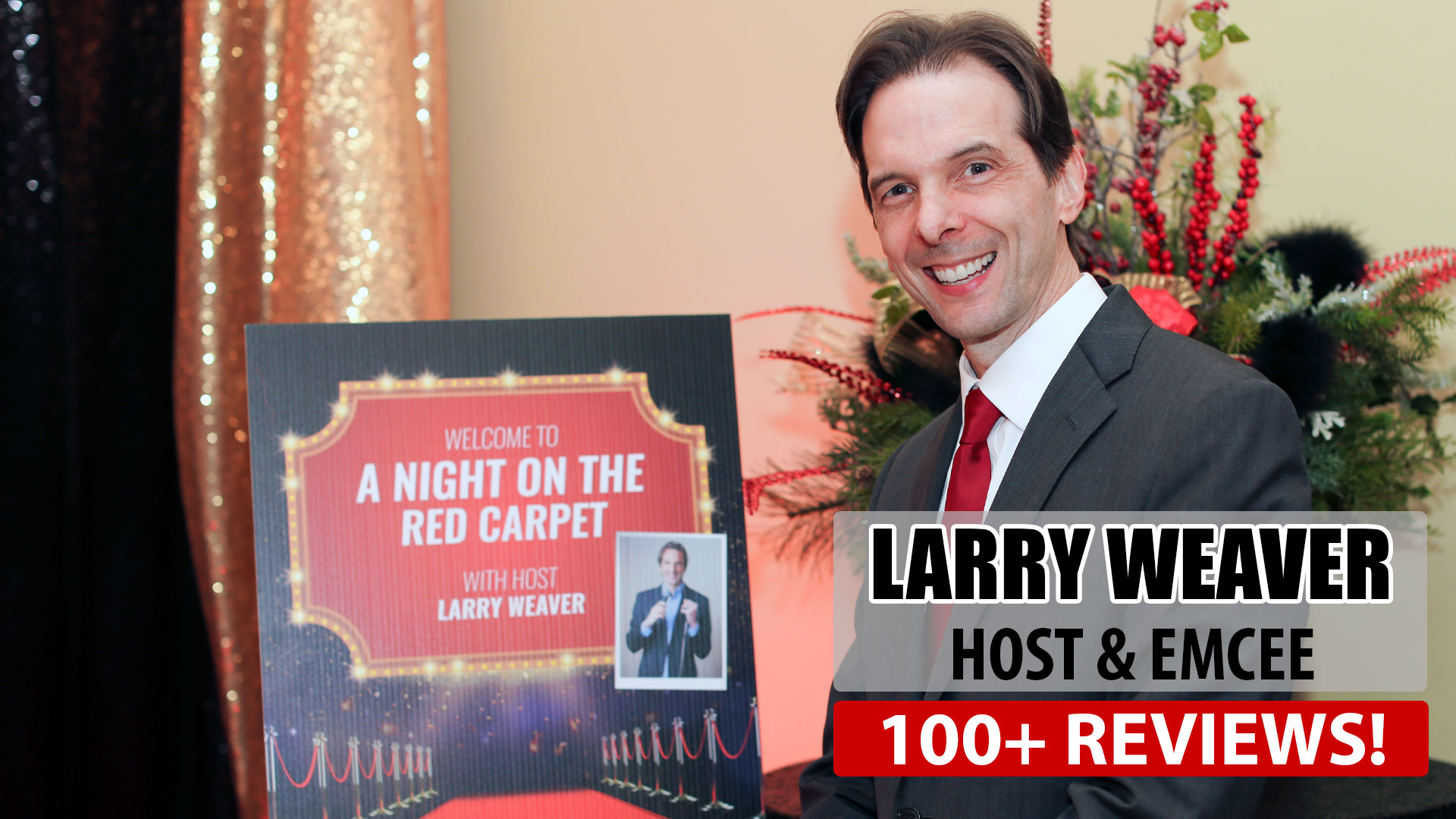
Two other Harvard affiliates also won Pulitzers: Caitlin Dickerson, a staff writer at The Atlantic and a fellow this spring in the Harvard Kennedy School’s Shorenstein Center on Media, Politics and Public Policy, won for her reporting-including a 30,000-word investigative cover story last August-on the Trump administration’s Zero Tolerance border policy, which forcefully separated migrant children from their parents. Hsu has been working toward this book ever since, an exploration of friendship, grief, the permanent alterations of random violence, and the solace of art. Less than three years later, though, Ken is killed in a carjacking.

The two form an unlikely but extremely close bond. The Pulitzer committee described Stay True, which also won the National Book Critics Circle Award, as an “elegant and poignant coming-of-age account.” A New York Times review called it “exquisite and excruciating.” The memoir recounts Hsu’s brief but intense friendship with Ken, a perfectly assimilated Japanese-American fraternity brother, whom Hsu meets as a Berkeley college student during the mid-1990s. His work often explores immigrant culture and experiences. A New Yorker staff writer and literature professor at Bard College, Hsu is the son of Taiwanese immigrants and grew up in Illinois, Texas, and California. ’08, was honored with a Pulitzer for his memoir Stay True. Then the War blends new poems with selections from his previous books, as well as his 2020 lyric prose memoir “Among the Trees,” and a chapbook, Star Map with Action Figures.

His poems have long explored questions of power, sex, love, death, history, morality, and the experience of queerness. Poet Carl Phillips ’81 won a Pulitzer Prize on Monday for Then the War: And Selected Poems, 2007-2020, a collection that the prize committee called a “masterful” chronicle of American culture “as the country struggles to make sense of its politics, of life in the wake of a pandemic, and of our place in the changing global community.” An enduring and ever-evolving writer who once referred to his work as an “ongoing quest,” Phillips is a professor of English at Washington University in St.


 0 kommentar(er)
0 kommentar(er)
